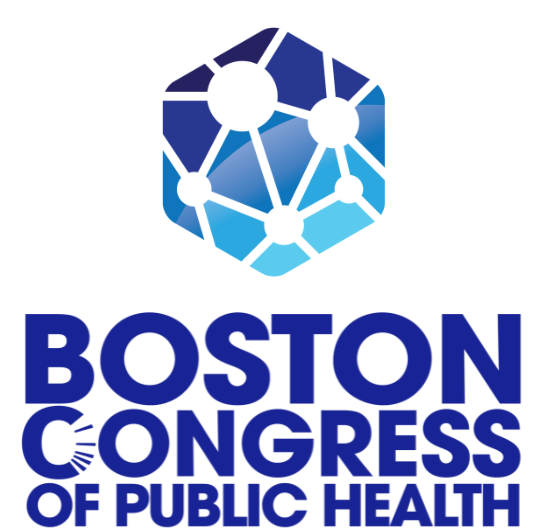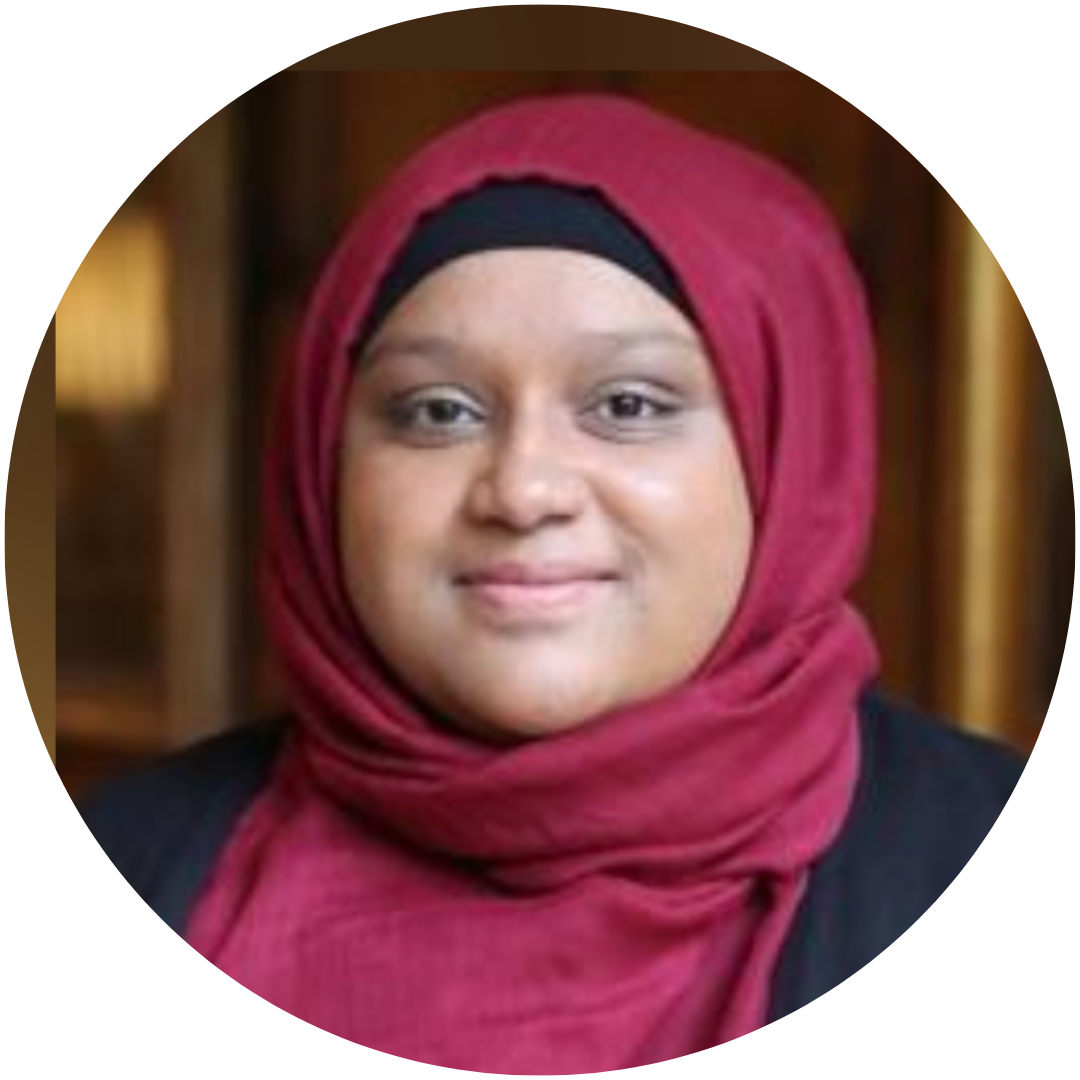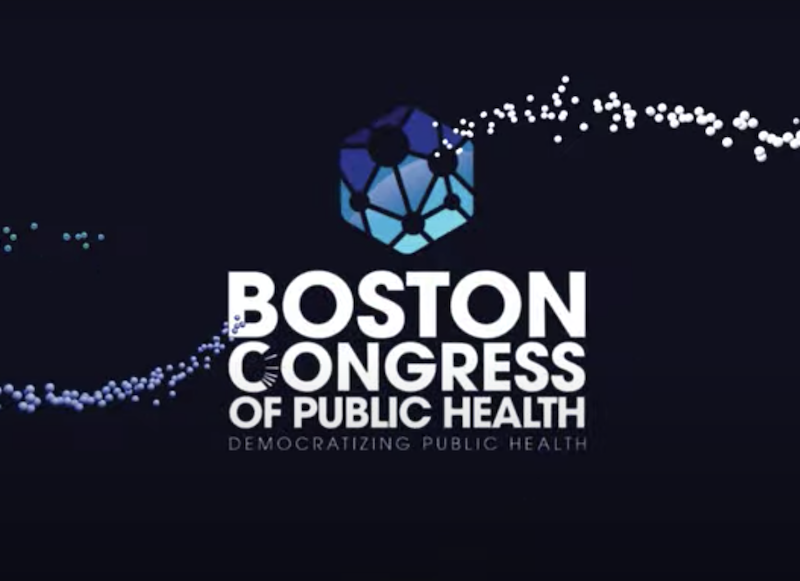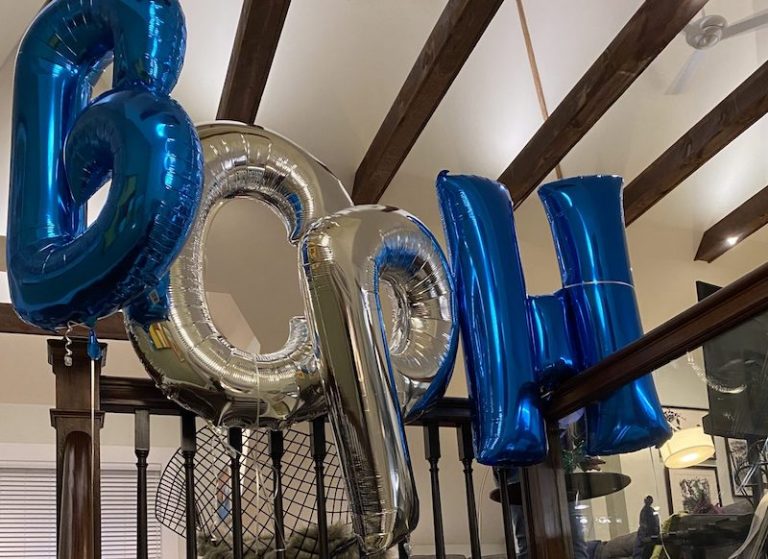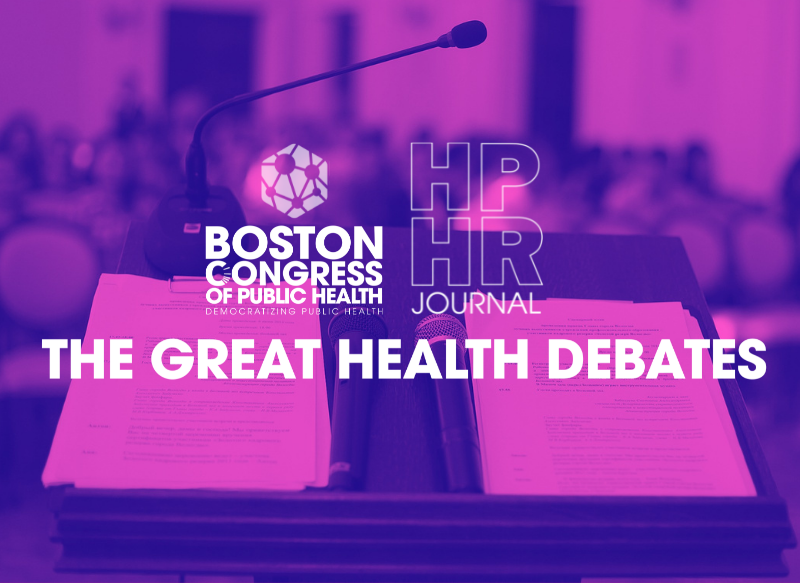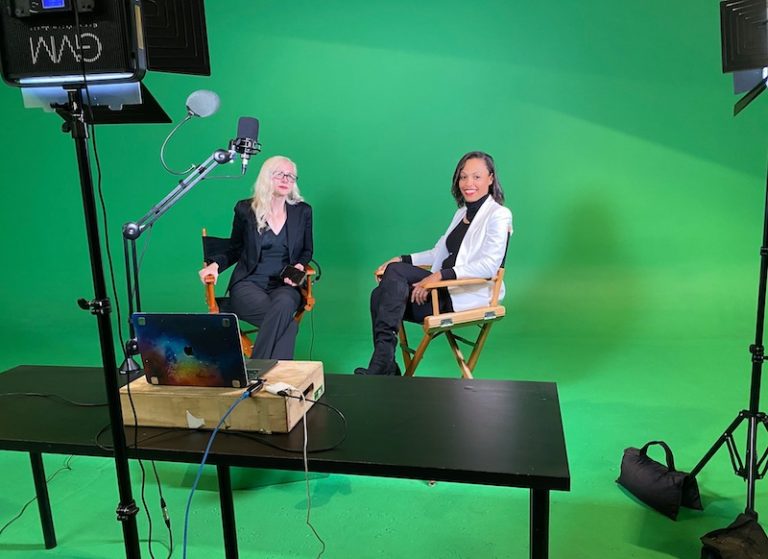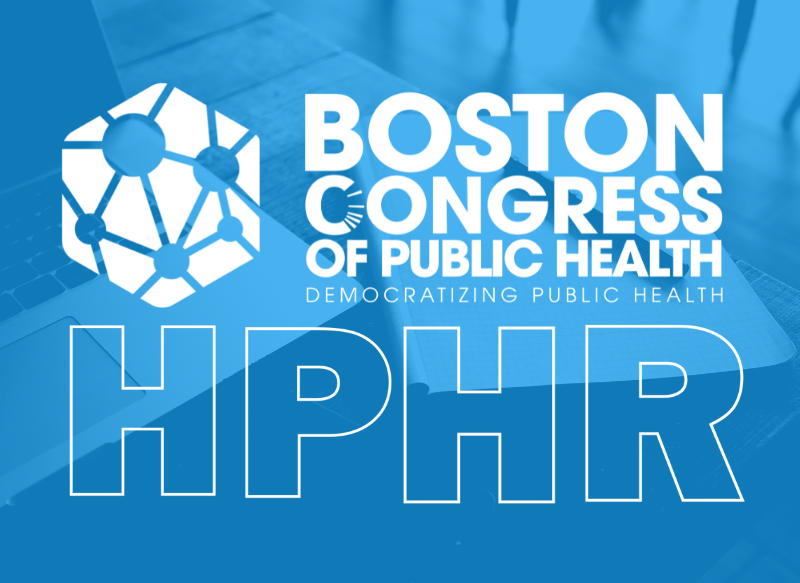Dr. Farhana Rahman is a Leverhulme Early Career Fellow and Isaac Newton Trust Fellow at the Department of Politics and International Studies, University of Cambridge, as well as a Junior Research Fellow at Wolfson College Cambridge. Prior to this, she was a JSPS Postdoctoral Fellow at the University of Tokyo, a Non-Residential Fellow at the Centre for Asia Pacific Refugee Studies at the University of Auckland, and a Fellow at the Harvard University Asia Center. Farhana received her PhD in 2021 from the University of Cambridge’s Centre for Gender Studies, funded by the Cambridge International Trust, the Social Sciences and Humanities Research Council of Canada, and the Canadian Centennial Scholarship Fund, amongst others. She also holds an MPhil in Multi-Disciplinary Gender Studies from the University of Cambridge (2014), and a Bachelor of Arts (Honours) in Peace and Conflict Studies, International Relations, and Arabic from the University of Toronto (2011).
Farhana is currently finalizing her first book project (based on her PhD), forthcoming with Cambridge University Press. Through feminist ethnographic research, the book focuses on how the mass exodus of the Rohingya community to the refugee camps outside of Cox’s Bazar, Bangladesh has affected the gendered subjectivities and lived experiences of Rohingya refugee women. Farhana’s peer-reviewed articles and chapters have been published in various journals and edited volumes, including Journal of Refugee Studies, Feminist Review, and Journal of International Women’s Studies.
Farhana is also co-founder of Silkpath Relief Organization (silkpathrelief.org), a non-profit providing humanitarian assistance to individuals devastated by calamities – in Afghanistan, and with Rohingya refugees in Bangladesh and Malaysia. In 2015, she helped to establish the first academic program in gender studies in Afghanistan, based at the American University of Afghanistan in Kabul, where she was also a lecturer. Since 2014, Farhana has worked as a consultant providing technical expertise and trainings on gender equality, social policy, and human rights for various projects with UN Women, UNDP, and USAID in Asia and Africa. For her extensive research and work contributions to the field of gender and development, Farhana was the 2021 recipient of the Paula Kantor Award from the International Center for Research on Women (ICRW).
Personal Statement
I am pleased to submit a nomination for myself for the Health Innovators to Watch Awards, after being nominated by my colleague, Dr. Jocelyn Kelly. I believe I have an unwavering dedication to the rights of women and girls globally by aiming to advance gender equality amongst marginalized groups and working to alleviate gender and sexual-based violence in humanitarian settings.
I am currently a Leverhulme Early Career Fellow and Isaac Newton Trust Fellow at the Department of Politics and International Studies, University of Cambridge, as well as a Junior Research Fellow at Wolfson College Cambridge. Prior to this, I was a JSPS Postdoctoral Fellow at the University of Tokyo, a Non-Residential Fellow at the Centre for Asia Pacific Refugee Studies at the University of Auckland, and a Fellow at the Harvard University Asia Center. I received my PhD in 2021 from the University of Cambridge’s Centre for Gender Studies. For my extensive research and work contributions to the field of gender and development, I was the 2021 recipient of the Paula Kantor Award from the International Center for Research on Women (ICRW).
Since August 2017, over one million Rohingya were forced to leave their homes in Rakhine State, Myanmar, and cross the border into Bangladesh in search of refuge. During this mass exodus, the Rohingya suffered tremendously from the campaign of the Myanmar state, which included murders, beatings, forced public nudity, mass gang rape, and sexual slavery of Rohingya women and girls. Through a feminist methodological approach, my academic research investigates and critiques the humanitarian aid agencies’ development programming that focuses on gender equality, addressing sexual and gender-based violence, access to health services (particularly mental health), and women’s empowerment in the Rohingya refugee camps in Bangladesh. Framing the gendered experiences of refugees purely via their “suffering” results in refugees being positioned as always requiring assistance or external intervention, thereby flattening their experiences and relying on generalizations about their post-displacement life that neglects their pre-displacement conditions and abilities. My research highlights the voices of refugees themselves, deploying their narratives to reorient discussions on humanitarian responses to account for the agentic capacity of refugee women. It uncovers the reasons underlying misguided international efforts and the capacity of refugees to bring about changes in their own lives.
My innovative feminist methodological approach has already revealed tremendous evidence-based results such as the presence of taleems – women-only gatherings for religious supplication spearheaded by Rohingya women themselves. As humanitarian agencies work to address psycho- social needs of Rohingya refuge women, and often develop “safe spaces” that include activities such as craft-making, sewing, drawing, etc., it may be useful to think of how collective prayer and religious remembrance may play a role in crafting safe spaces that are in line with the desires and aspirations of Rohingya women. Across the camps, taleems are a preferred option to the “women’s-only spaces” that focus solely on activities such as drawing and sewing to deal with trauma widely promoted by NGOs and humanitarian agencies. The importance of my research findings shines a light on the gaps between aid and policy planning, as the prevailing approach of NGOs have failed to reflect the desires and aspirations of Rohingya refugee women in Bangladesh. My use of ethnographic and participatory methods that focus on lived experiences provides a novel approach to addressing the ways in which trauma and mass migration have affected Rohingya women’s ability to participate in individual, community, and institutional affairs. This knowledge in turn makes it possible to structure development initiatives and conversations that are in tune with the needs of Rohingya women.
The findings from this research were published in the Journal of Refugee Studies, and will be further published this year in a report for UNDP. Parts of this research have also been widely shared in policy circles, with findings from the report highlighted by UN Women Executive Director Phumzile Mlambo at the United Nations meeting on gender-based violence in 2021. As well, as a testament to my dedication to remain engaged with my interlocutors after the completion of my research, my NGO, Silkpath Relief Organization, is the only non-profit in the refugee camp working with Rohingya women in the taleems to elevate their voices. My research carefully listens to, encourages, and uplifts Rohingya refugee women as active agents of change in their own lives.
I am also a co-founder of Silkpath Relief Foundation (silkpathrelief.org), a non-profit providing humanitarian assistance to individuals devastated by calamities – in Afghanistan, and with Rohingya refugees in Bangladesh and Malaysia. One of Silkpath Relief’s primary focuses is providing access to women’s hygiene products, which is one of the most pressing issues currently facing Rohingya women in the refugee camps. The Rohingya humanitarian crisis has had a disproportional effect on women. In Bangladesh’s refugee camps, Rohingya women beyond the age of 10 remain largely indoors. With resources already so scarce in the camps, women’s hygiene products at times seems like a luxury item despite being a bare necessity for preventing infections and sickness. At Silkpath Relief, I work directly to purchase and distribute feminine hygiene products throughout Bangladesh’s refugee camps, as well as lead workshops on maintaining menstrual health and addressing menstrual challenges facing Rohingya women and girls.
In addition, in 2015, I helped establish the Gender Studies program at the American University of Afghanistan in Kabul – the first academic program of its kind in the country, where I was also a lecturer. I am also a consultant specializing in issues facing women and girls around the world. I designed and led a two-week training workshop for Counterpart International in Kabul, working with women-led Afghan NGOs to strengthen their role and participation in the political process through successful policy-advocacy. Other projects I have worked on include developing a gender sensitivity and equality training program for farmers in Indonesia, and conducting gender-mainstreaming workshops to strengthen rural women’s co-operatives in Uganda. Recently, my pathbreaking ethnographic research on the linkages between constructions of masculinity/femininity and violent extremism in rural Bangladesh was published in a commissioned report by UN Women and UNDP.
